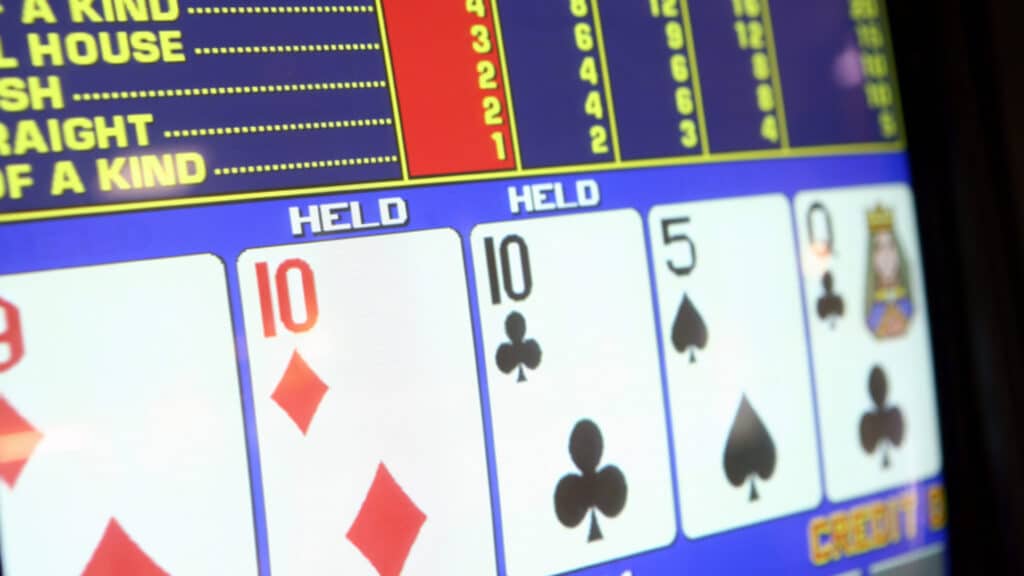When it comes to online gambling, managing your bankroll is one of the most critical aspects of ensuring long-term success. Without proper bankroll management, even the most skilled players can find themselves running out of funds too quickly. Whether you’re a seasoned player or a newcomer, understanding advanced bankroll management strategies can help maximize your enjoyment, minimize risks, and increase your chances of success. In this article, we’ll dive deep into proven techniques and strategies for preserving your online bankroll over the long haul. We’ll also provide practical examples and calculations to help you implement these methods effectively.
Understanding Bankroll Management: The Basics
Before diving into advanced techniques, it’s important to establish a solid understanding of basic bankroll management principles. Bankroll management refers to the process of managing your gambling funds to ensure you can continue playing without depleting your account too quickly. Here are the core concepts every player should understand:
- Bankroll: This is the total amount of money you set aside specifically for gambling.
- Unit Size: A unit is the amount of money you wager on each bet or spin. Unit size is essential because it dictates how much you risk on a single play. A typical recommendation is to wager 1-5% of your total bankroll per bet.
- Risk of Ruin: The risk of ruin is the probability of losing your entire bankroll. Lowering this risk is key to extending your playing time.
Now that we’ve covered the basics, let’s explore advanced strategies that can help maximize your bankroll longevity.
Advanced Strategies for Bankroll Longevity
1. Set a Session Budget and Stick to It
One of the easiest ways to manage your bankroll is by setting a clear budget for each session. Whether you’re playing online slots, table games, or poker, a session budget is the amount of money you’re willing to lose in a single gaming session. This is an essential step in preventing emotional decisions that could lead to reckless betting.
Example: If your total bankroll is $1,000 and you’re planning to play for an hour, a good rule of thumb is to allocate around 10-20% of your bankroll for that session. For instance, with a $1,000 bankroll, your session budget would be between $100 and $200. This ensures you’re not risking your entire bankroll on one session, which could result in a complete loss.
2. Use a Bet Sizing Strategy
Advanced players often use a structured bet sizing strategy to ensure they don’t risk too much on any single wager. The most common approach is the Kelly Criterion, which helps you determine the optimal bet size based on your bankroll and the odds of a bet or hand. The Kelly Criterion formula is as follows:
Kelly Formula: f* = (bp – q) / b
- f*: The fraction of your bankroll you should bet.
- b: The odds you’re betting on.
- p: The probability of winning.
- q: The probability of losing (1 – p).
The formula helps you calculate the ideal bet size to maximize long-term bankroll growth without overexposing yourself to significant losses. However, it’s important to note that this strategy is best suited for advanced players who are comfortable assessing odds and probabilities accurately.
3. Adjust Your Unit Size Based on Volatility
Different games come with varying degrees of volatility. Understanding how to adjust your bet sizes based on the volatility of the game you’re playing can extend your bankroll’s longevity. For example, high volatility games like progressive jackpot slots or certain table games can lead to longer dry spells between wins, while low volatility games offer more frequent but smaller wins.
Strategy: In high volatility games, reduce your bet size per spin or hand to ensure you can withstand the dry streaks without exhausting your bankroll. Conversely, in low volatility games, it may be safer to increase your bet size slightly since you can expect more frequent wins.
Example: If you’re playing a high volatility slot with a $1,000 bankroll, consider using $1-2 per spin instead of $5 per spin, which might be more suitable for low volatility slots.
4. Set Win and Loss Limits
Experienced players know that setting win and loss limits is essential for managing emotions and maintaining discipline. A win limit is the maximum profit you aim to achieve before you stop playing, while a loss limit is the maximum amount you’re willing to lose in a session before calling it quits.
Example: Suppose you have a $1,000 bankroll. You could set a win limit of $500 and a loss limit of $200. If you hit a loss of $200 or a profit of $500, you’ll stop playing. This method ensures that you don’t become greedy or chase losses, which can quickly deplete your bankroll.
5. Practice Bankroll Allocation for Different Game Types
Different games come with different risk levels, and understanding how to allocate your bankroll across various types of games can significantly extend your longevity. Here’s how to allocate your bankroll based on different game types:
- Slots: Slot machines are high-risk games that can deplete your bankroll quickly. For this reason, consider allocating only a small portion of your bankroll for slots, especially high-volatility games.
- Blackjack: Blackjack offers a better house edge and more consistent wins, making it a safer option for your bankroll. You might allocate a larger percentage of your bankroll to blackjack.
- Poker: Poker requires skill, strategy, and patience. Advanced poker players often allocate a larger portion of their bankroll to poker, as they can control the outcome with their expertise.
6. Take Advantage of Bonuses and Promotions
Online casinos often offer various bonuses and promotions, such as welcome bonuses, reload bonuses, and free spins. These bonuses are an excellent way to extend your bankroll without risking your own funds. However, it’s important to carefully read the terms and conditions, especially the wagering requirements, before taking advantage of any bonus.
Example: If you receive a $100 bonus with a 30x wagering requirement, you’ll need to wager $3,000 before being able to withdraw any winnings from that bonus. While bonuses can be a great way to extend your bankroll, make sure to understand the terms to avoid any surprises.
7. Diversify Your Bankroll Portfolio
Just as investors diversify their portfolios to spread risk, gamblers can diversify their bankroll allocation across different games and even different online casinos. By not putting all your money into one game, you can reduce the chances of wiping out your entire bankroll on a single unlucky streak.
Example: Instead of spending all your bankroll on high-volatility slots, consider splitting your bankroll across slots, blackjack, and poker. This ensures that even if one game is not going your way, you still have other options to maintain your bankroll.
Advanced Calculations for Managing Your Bankroll
For advanced players, bankroll management isn’t just about gut feelings and basic rules. It involves a series of calculations to optimize risk and reward. Here’s an advanced calculation for understanding how much of your bankroll you should risk on each wager:
Expected Value (EV) Calculation
The Expected Value (EV) calculation helps determine the long-term profitability of a wager. EV is the average amount you can expect to win or lose per bet, taking into account the probability of each possible outcome.
Formula: EV = (Probability of Winning) * (Payout) – (Probability of Losing) * (Amount Bet)
Example: If you’re playing blackjack with a 49% chance of winning and a payout of 1:1, and a 51% chance of losing, betting $100, the expected value would be:
EV = (0.49 * 100) – (0.51 * 100) = -2
This means, on average, you can expect to lose $2 per $100 bet in the long term. Calculating EV for each game or bet helps you determine which games are worth playing and which ones offer the best value.
Conclusion: Mastering Bankroll Longevity for Success
Mastering bankroll management is key to enjoying long-term success in online gambling. By implementing advanced strategies such as bet sizing, setting win/loss limits, and understanding volatility, you can maximize the longevity of your bankroll and ensure you have more opportunities to win. Remember, gambling should always be fun, and managing your bankroll effectively allows you to enjoy the experience without the risk of losing it all too quickly. With these strategies in your toolkit, you’re well on your way to becoming a more disciplined, strategic, and successful player.



